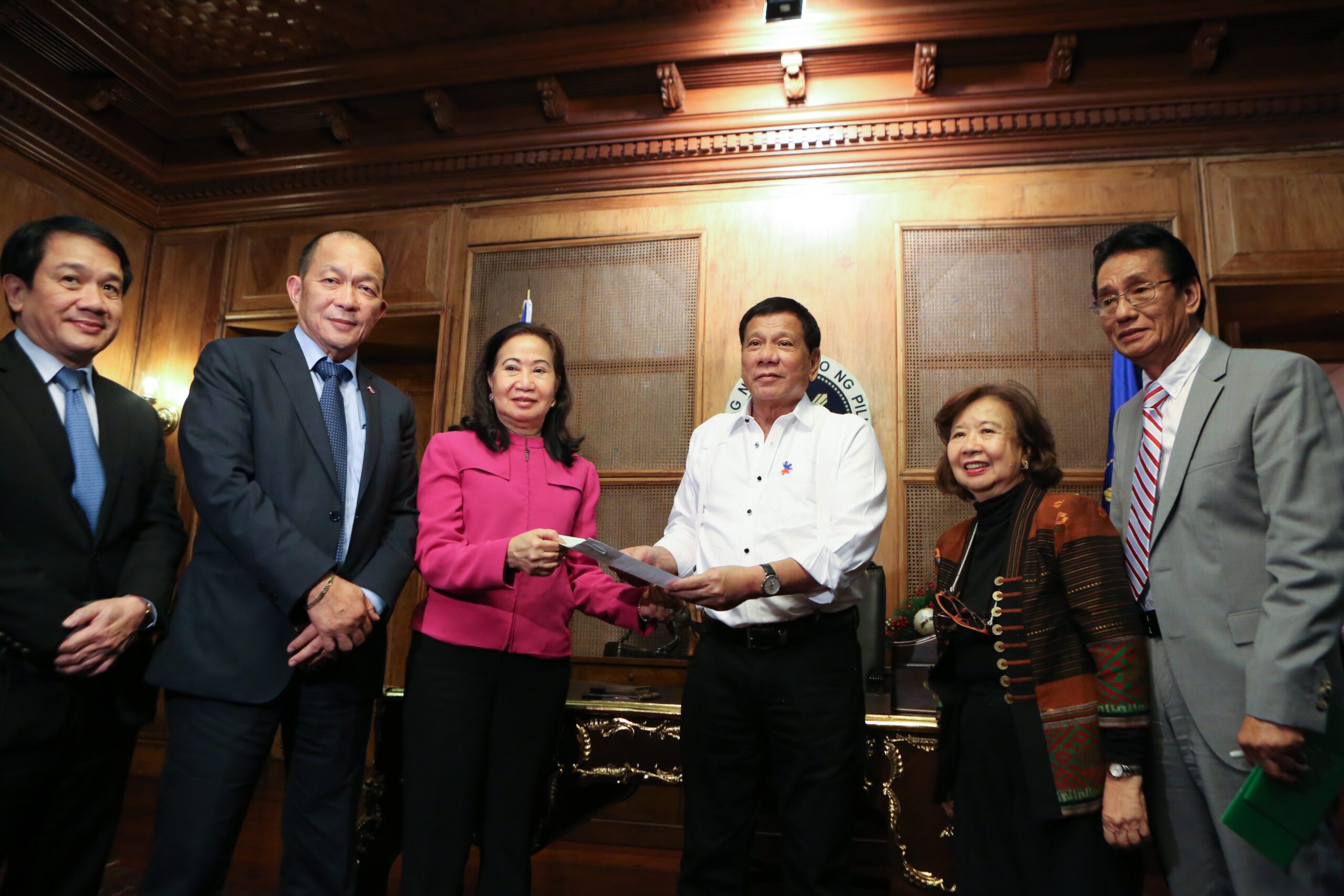SUMMARY
This is AI generated summarization, which may have errors. For context, always refer to the full article.

MANILA, Philippines – Department of Social Welfare and Development (DSWD) Secretary Judy Taguiwalo said the promised P1 billion medicine fund would help but may not be enough to cover the needs of all indigent patients.
“Titignan ho natin ‘yung karanasan natin kung paano talaga ito nakakatulong at gaano kakasya ang perang ito. Tingin namin kulang ito pero maganda na na umpisa,” Taguiwalo said at a press briefing in Malacañang on December 29. (We will see how this [money] will help. We think it’s not enough, but it’s a good start).
The extra P1 billion comes from the P5 billion that the Philippine Amusement and Gaming Corporation (Pagcor) donated to the Office of the President, which President Duterte said would be used to provide free medicine to those with legitimate doctor’s prescriptions and could not afford it.
Taguiwalo said that the agency has begun partnering with hospitals to provide free medicine to those with qualified prescriptions, although it has not yet started with drugstores. “Kung sa mga drugstores, wala pa. Pero kung sa usapin ng mga hospital na initial kasi 1,000.” (With the drugstores, not yet but we have talks with an initial 1,000 hospitals.)
She also mentioned a few hospitals the DSWD was in talks with, including the University of the Philippines; the Philippine General Hospital in Manila; and the Jose B. Lingad General Hospital in Pampanga.
Other hospitals she mentioned were Western Visayas Medical Center in Iloilo City; Vicente Sotto Memorial Medical Center in Cebu; Southern Philippines Medical Center in Davao; and Davao Regional Hospital in Tagum.
Taguiwalo also said government needs to change existing guidelines to ensure that the extra funds are not abused, adding that based on past experience, funds would be accessed every 3 months unless it was really needed for serious medical issues such as medicine for dialysis, and chemotherapy.
“So ito ‘yung aayusin natin. Kasi sa experience natin before the one billion, ang kalakhan ng mga humihingi ng tulong sa crisis intervention units natin o kaya sa assistance to individuals in crisis, medical assistance talaga,” she said. (So we will fix this. From past experience before, the municipalities that would ask for help are crisis intervention units or those that need serious medical assistance.)
She explained: “So, may guidelines naman ho tayo, may safeguard tayo, ma-ensure na ‘yung reseta ay valid ‘no talagang doktor ang nag-issue. At the same time, ayaw naman ho natin pahirapan. So ang madali ho kaya inisip namin na makipag-coordinate sa hospitals kasi alam natin maraming pasyente doon na sa charity na may mga reseta na hindi kayang bumili at na-assess na ‘yan ng social welfare ng mga hospitals eh so wala ng kailangan ng nga indigent,” she said.
(We have guidelines, safeguards, to ensure that the prescriptions are valid and really issued by a doctor. At the same time we don’t want to make it hard for the patients, so that’s why we thought of coordinating with hospitals because we know that there are a lot of patients there from charities who cannot afford the medicines they are prescribed.) – Rappler.com
Add a comment
How does this make you feel?
There are no comments yet. Add your comment to start the conversation.